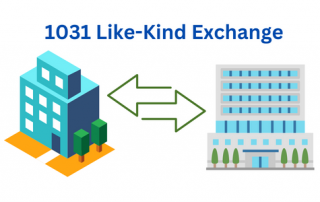Know the Rules on Business Travel
Are you working on this year's tax return or planning for the future? Either way, you should know the rules on business travel tax deductions. According to the IRS, whether someone travels for work once a year or once a month, figuring out travel expense tax write-offs might seem confusing.










